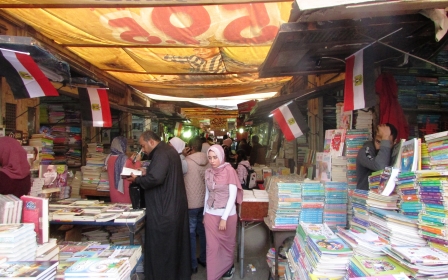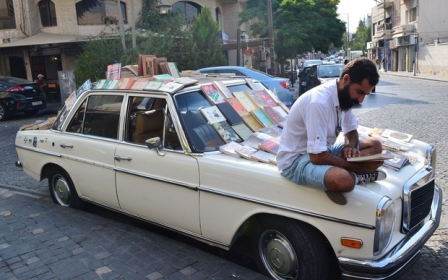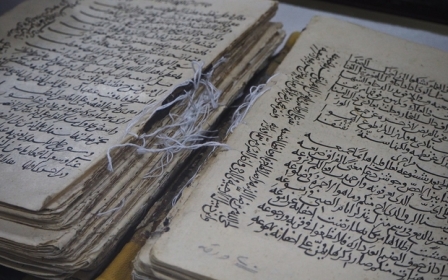Palestinian-American author changes narrative of her life with debut novel
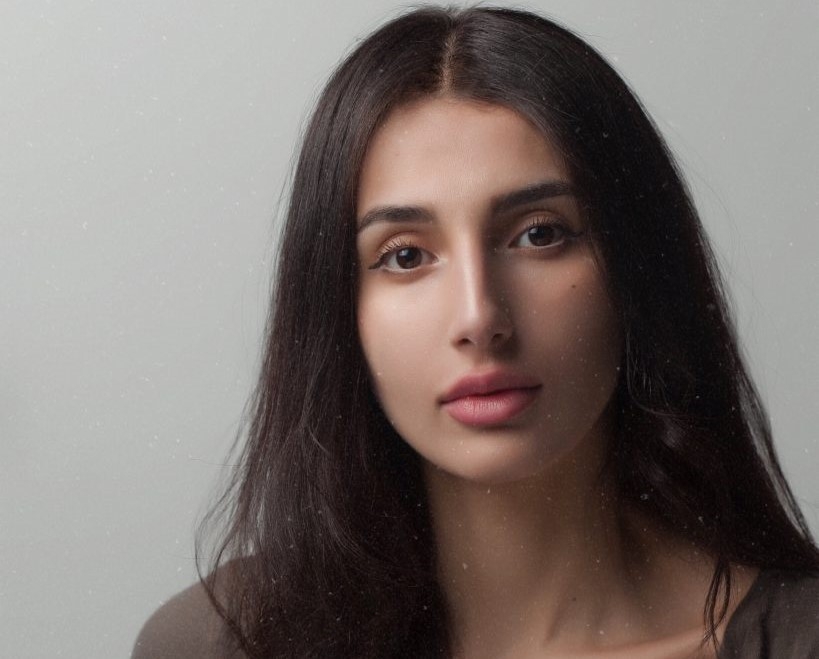
Etaf Rum would not have become a celebrated Palestinian-American writer if she had listened to what she was told as a child about what a woman could hope to do with her life.
Rum teaches English and literature in North Carolina, and she is the blogger behind the successful Bookstagram account Books and Beans. But to achieve all this, she had to break free of family expectations and an arranged marriage.
“Growing up I was taught that there were limits to what women could do in society. Whenever I expressed a desire to step outside the prescribed path of marriage and motherhood, I was reminded over and over again: a woman is no man,” writes Rum, in a letter to prospective readers of her debut novel A Woman is No Man (AWINM).
This powerful work of fiction, which will be published in March, has already been chosen for Book of the Month fiction review site's February list and is among Marie Claire and Cosmopolitan’s most exciting 2019 releases by women and people of colour.
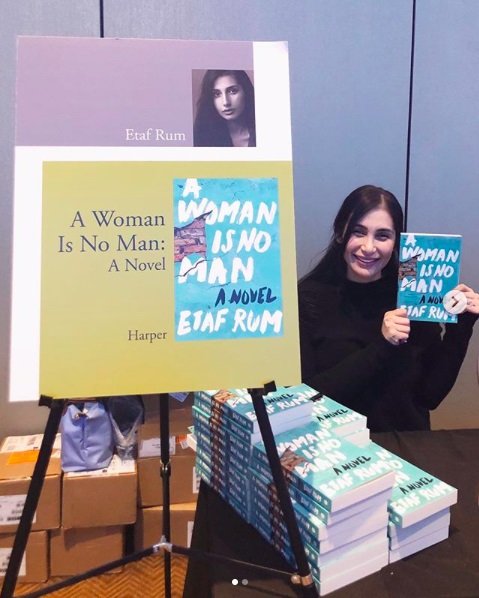
New MEE newsletter: Jerusalem Dispatch
Sign up to get the latest insights and analysis on Israel-Palestine, alongside Turkey Unpacked and other MEE newsletters
The book tells the story of three generations of Palestinian-American women in Brooklyn. Fareeda is a grandmother who fled a refugee camp in Palestine following the Nakba (the Catastrophe) with her family and is portrayed as a conservative woman eager to keep her family and Arab traditions intact.
Isra is Fareeda’s daughter-in-law who is married to her son Adam. She is in an abusive relationship but doesn’t want to displease her family by separating from her husband.
And Deya is Adam and Isra’s rebellious teenage daughter, who refuses to be sucked into the same cycle of oppression and abuse that her mother and grandmother have painfully and silently endured.
A personal story
“A Woman Is No Man is based largely on my upbringing,” Rum tells MEE, saying she did not want to write a memoir since many of the issues were so sensitive. “I like fiction, so I thought I’d put a fictional spin on it.”
'Even though I had fought for my education, I was still, in a sense, repeating the patriarchal family expectations and lifestyle as my parents'
- Etaf Rum
In an Instagram post, Rum states that writing this book was a way for her to find her voice and rewrite the narrative of her own life. She tells MEE, “I wasn’t able, like Deya, to postpone an arranged marriage. I had to get married at a young age, and I thought I was still going to be able to not repeat my parents’ life, but I wasn’t, and I ended up in an arranged marriage at the age of 19.”
For Rum, the process of writing the book enabled her to confront the ways in which she was repeating the cycle of oppression and the cycle of domestication and abuse in her own life: “The book isn’t just to condemn arranged marriages but, as I had married so young, I was isolated from my family because I had to move away to where my husband lived.
"I started suffering emotional and physical abuse, and I realised that, even though I had fought for my education, I was still, in a sense, repeating the patriarchal family expectations and lifestyle as my parents … and nobody could help me.”
Writing the novel, according to Rum, is what saved her life.
“It helped me see clearly my position in this cycle, and I was able to break free from my marriage, from the strength that writing this book gave me.
"Writing A Woman Is No Man has given me strength, and allowed me to stand up for myself and rewrite the narrative of my own life.”
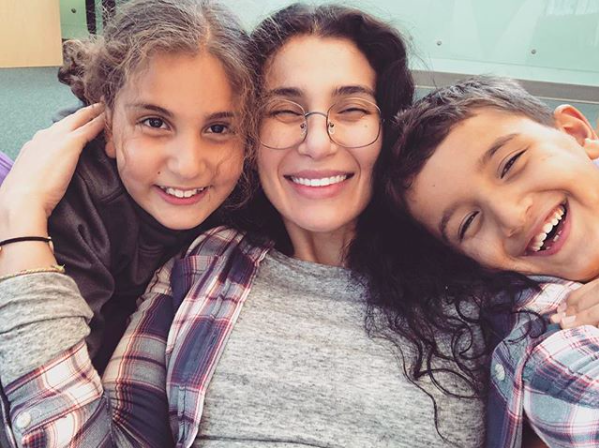
In the note to the reader, she writes that she was constantly swallowed by fear when she started writing the book and that she was afraid of “violating our code of silence”.
When asked to elaborate on this, she explains, “I was dealing with patriarchy, Arab culture and the dark aspects of it, and I was afraid because I felt like I was being a traitor to my community and making us look bad by stereotyping us into an oppressive culture.”
Rum cares deeply about the representation of Muslims and Arabs, and she was torn between telling a truth that she experienced herself, and the same old story of “our women being oppressed”.
She tells MEE that she always rolls her eyes at stereotypical representations of Arabs.
“I was afraid [to tell this story] because on the one hand, these stories are those of countless women I know, women who exist. I want to give these women a voice by speaking up for them. But on the other hand, all I kept worrying about was that I might be condemning my community.
"I felt like I was taking the white man’s side, which would never be my intention.”
'I want to give these women a voice by speaking up for them'
- Etaf Rum
She feared that she would “upset people and fuel further discrimination against a community that’s already stereotyped by a single story”. But ultimately she felt that she owed it to these women to tell their story.
She was afraid to speak but she was even more afraid to stay silent “because ultimately our silence never protected us. The more we stay silent, the more we empower injustice".
Complex characters
While this is primarily a story about oppressed Arab women told from their own perspective, this is also the story of oppressed Arab men.
The characters in the book are much more complex than one would expect. Most characters, whether man or woman, embody both oppressor and oppressed, making this a very realistic and nuanced representation of reality.
Rum agrees and says her intention was to represent things as honestly as possible, by making sure the reader understood that the women were not the only ones who were oppressed and the men were far from being the sole oppressors. The men in the story are the immediate victims of the 1948 Palestinian exodus, and as products of refugee camps they were forced to leave their country and were left deeply mentally disturbed.
Rum explains that the trauma the community endured during the Nakba has a trickle-down effect. In the story, the men are victims of this historical tragedy, and because they are powerless in their own lives, they transfer the abuse and violence that was bestowed upon them on the family unit.
The male characters in the book also often convey the message that they too cannot do whatever they please, and being a man does not turn out to be such a blessing in a patriarchal society. Rum chose to represent this because according to her, Arab culture is about the family and not the individual, where men are supposed to make sacrifices in order to make the family unit stronger.
“It is a patriarchal culture and the men have power in many ways, but they are also part of this cycle of keeping the culture rigid and not flexible, which they ultimately have to participate in. We differ from Americans in that we weren’t raised in the notion that everybody can do whatever they want.
"Rather, everybody has to do whatever they can to make the family happy, and if a man has to sacrifice his dreams and ambitions, then that’s what he will have to do. Both men and women are victims, although the women are more victimised, especially physically.”
In the book, the characters never refer to themselves as Americans. They consider themselves Arabs solely. This has, according to Rum, always been deeply ingrained. She calls herself Arab as a way of holding on to every last bit of their culture and values, in order not to lose their identity.
She adds, “to be claiming our identity as Americans would completely go against what we’re trying to accomplish. It’s not an identity crisis. We came to America so that we don’t die in refugee camps. We didn’t come so we would become Americans. We came to survive.”
Lack of Islamophobia
A striking element of the story is its refreshing lack of Islamophobia. Although Rum states she is not very religious and does not wear a headscarf, she did not feel the need to portray Islam and hijab as oppressive forces.
She makes it clear that her book is about a conservative, Arab family, and not a story about Islam. She only mentions religion when she wants to point out that “Islam gives women all their freedom and all their rights in the Quran and in the Hadeeth of Prophet Muhammad.”
'Islam gives women all their freedom and all their rights in the Quran and in the Hadeeth of Prophet Muhammad'
- Etaf Rum
She explains that she is a very spiritual person and she finds it crucial to maintain her relationship with God, which translates into her work as well, “asking him for guidance and making sure that I never go against the Quran or Islam in any negative way.”
A Woman Is No Man definitely passes the test in terms of representation of Arabs and Muslims, and unlike usual expectations, in this book, men lead tragic lives and women stand up for their rights.
A Woman is Not a Man will be published on 5 March 2019 by Harper Books and is available for pre-order.
Middle East Eye delivers independent and unrivalled coverage and analysis of the Middle East, North Africa and beyond. To learn more about republishing this content and the associated fees, please fill out this form. More about MEE can be found here.


